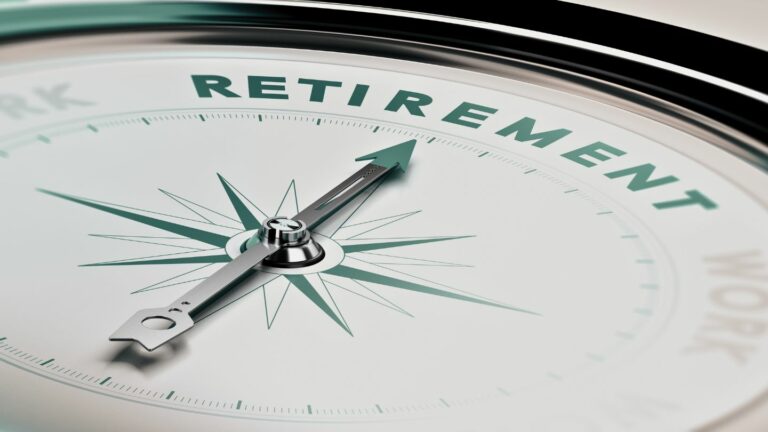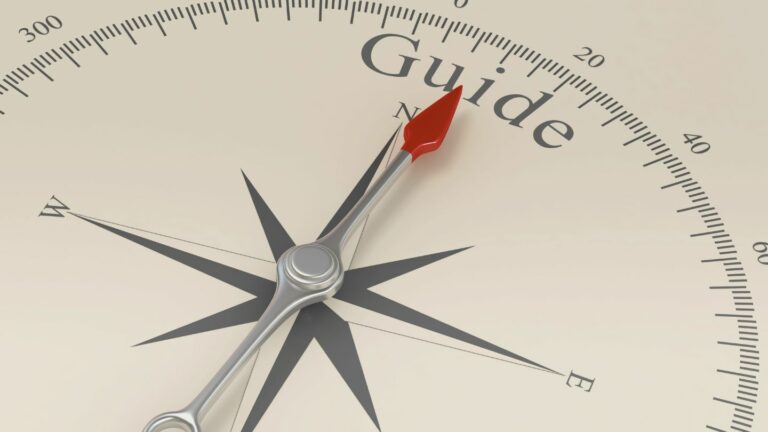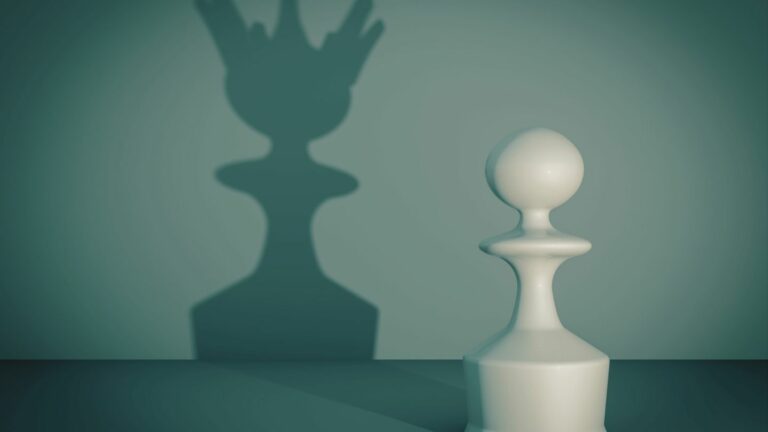( reading time: 6 min 24 sec )
The term ‘spaving’ is so new that Wikipedia hasn’t listed it yet. Unplanned spending because it saves you money is the best of intentions, missing actual reality. Most of us are guilty of this justification for spending. It is not a question of whether we have done this but how often and what the impact is on our budgets.
In short, blow money should be a budget item where this is okay. Beyond that, yes, opportunities arise, but waste and regret like impersonating opportunities. Things spent out of the regular budget categories should have funds shifted before spending. The bigger the expenditure, the longer we should wait before letting FOMO (fear of missing out) drive our decisions.
There are times to take advantage of a bargain and ways to recognize FOMO, which has put on our rose-colored what-if glasses to give us a sense of hope that will turn into regret. The rest of this article is about finding clarity to make the right choices.
Reality Distortion Zone
Years ago, Steve Jobs was credited with being a master at presenting Apple products as an alternate reality that one could embrace. He was said to have a ‘reality distortion field’. This phenomenon is so common that Wikipedia has a dedicated page (https://en.wikipedia.org/wiki/Reality_distortion_field), with Steve at the top of the list. Here are a few links to show how common the topic was in times past.
- Employee Experience Magazine: Understanding Steve Jobs’ Reality Distortion Field
- Medium (Sir John Hargrave): How Steve Jobs Created the Reality Distortion Field
- Wikipedia: Reality Distortion Field
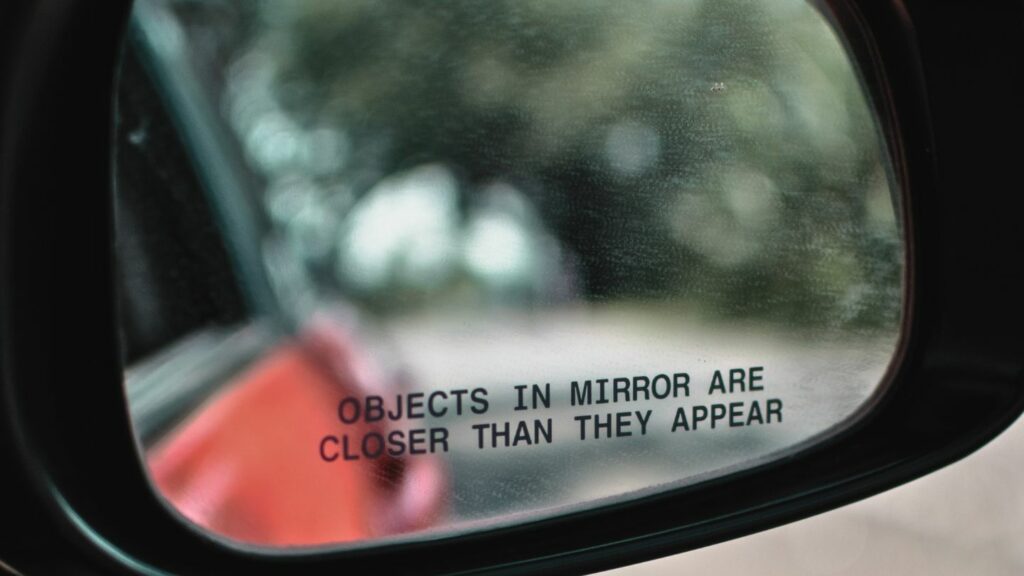
We are captured within a reality distortion zone when we are struck with FOMO or faulty ‘spend to save’ that doesn’t save us any money. By the way, I enjoy Apple products, so it is fair to ask if my buying habits have been skewed into a reality distortion zone also. That may be the opposite of spaving. When we choose to spend more, knowing we are not saving.
Based on the average cost of smartphones, cars, houses, and more, we could and likely will create complete blog posts about our ability to spend as much as we can on things that don’t bring additional value. The focus here is on spaving.
Here are a few examples.
New Car vs. Used:
So often, people tell me they are buying a new car to save money and then list the reasons. Some car models have so many issues that owning one without a warranty could be more expensive than buying a new one. If that is the case, you are buying the wrong car! Buy a different model that is more predictably reliable. I have not seen anyone validate this belief with end-to-end math, and those who have had bad experiences may not like that the math will still say that a new car may not be better than a used car with a warranty. We are not saying to get a warranty or not to. That is a different spaving discussion.
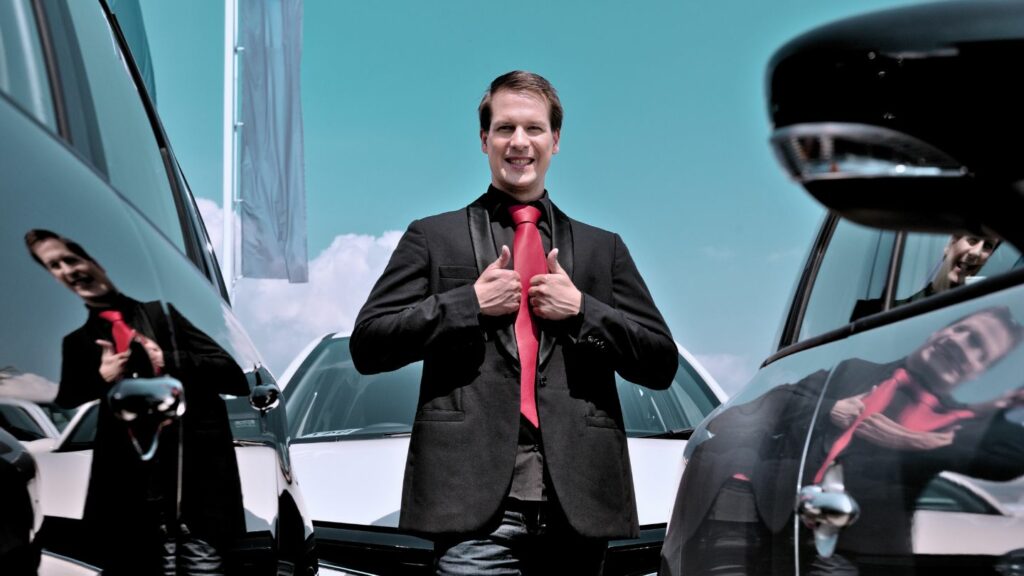
Maximize New Home Purchase:
Do you know a common factor in how much home people purchase is driven by how much of a loan they are prequalified to buy a home? That could be considered if we can manage the load and it keeps our budget margin high. If the margin left over after all our required payments cannot stand a financial setback, then just because we can doesn’t mean we should.
Many people see a home as an asset. They consider this purchase to pave the way for the future because it increases value based on past market performance. In reality, your home is not an income producer. That is the correct definition of an asset. The home is a liability because it is a source of continual outflow. If owning a home reduces our liabilities, then it is profitable. If a home increases our liabilities, it will be unprofitable.
The Bulk Clearance:
We have experienced bulk clearance spaving multiple times. There was the pumpkin cereal, the pumpkin-sparking drinks, and, fortunately, not a bunch of other pumpkin errors! We bought these things because we might use them someday, and then we needed to purchase shelves and storage containers to keep them organized. It’s not just us; our friends suffer from spending money on spending management.
Do you want the good news or the bad news first?
If you are like us, you don’t want the bad news. Can’t we go with the good news and eliminate the bad news? There are always tradeoffs. Each choice is a mix of advantages and obstacles. If we are not experienced with something, there are also unknown advantages and obstacles.
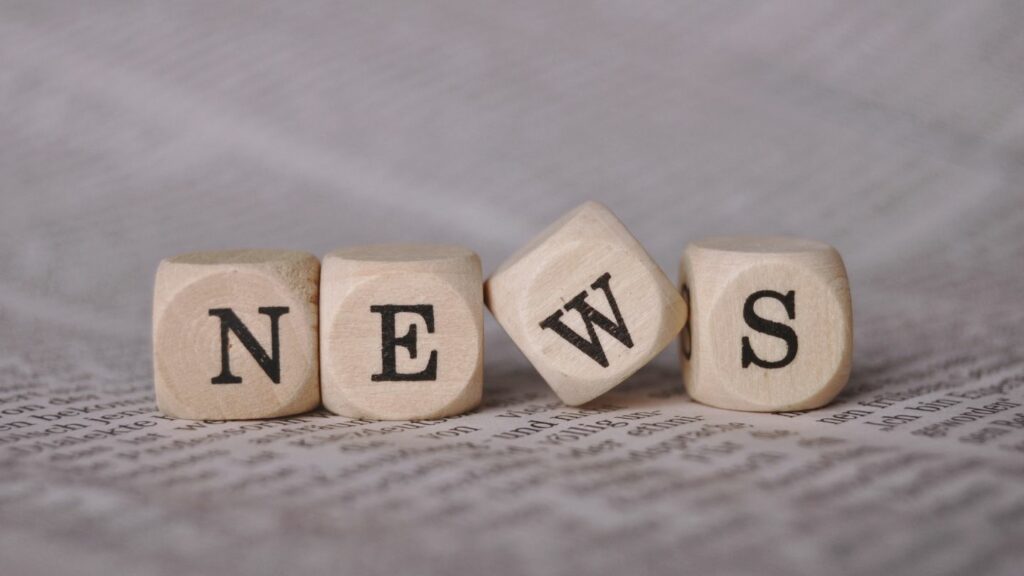
Letting go of choosing good or bad as our first focus, we suggest understanding the reality of our choice. How does it affect me in the present, and what will the actual mix of good and bad feel like in the future?
The bad news is stores, salespeople, and our desire to live out fantasies will all leave out details and look for our FOMO buttons. The good news is we can ask questions about what we are being told by others or by our emotions that will start out feeling annoying, and perhaps for some, it may feel like it is sucking the good parts of life away from us. The more impulsive we are, the more likely we will need to start small to learn to trust a better guide to spending.
Learning to trust this guide will be challenged repeatedly in life from different directions. Family or friends may not see the choice as having a meaningful impact on our lives. To them, the price is worth it. Our friends and family don’t cover the cost of our choices or deal with the waste and regret.
The good news is that we can make the choices that serve us best today and start enjoying how today affects our future. Our confidence in our guide will grow over time. Our need to let FOMO make the decisions will shrink, and our guide will improve with time. Our guide to FOMO-free living will never be totally free, and we won’t always make the best choices. Overall, our guide will help us make the best overall choices. So, that one-up, less-than-best choice excuse doesn’t merit consideration. The choices our guide makes where we miss out will be a different win, not a genuine loss.
Guide clarified
The guide is a personal mix of knowledge, wisdom, and character. These are all opposed by formidable foes that win when we let them put our minds in neutral. They are not actually strong, but they play on our weaknesses.

When it comes to knowledge, ignorance, and confirmation bias work together to point us to savings opportunities. They don’t just work on the mind before we do our spend-saving; they are on call for future doubts about our choices. If we feel like we should have known better, they are there to tell us why we couldn’t have known better and soothe our decision frustration.
Wisdom learns to understand not just the answer to questions but how to recognize what makes a good question and what makes a bad one. The opposition to wisdom is foolishness. It tells us things like; don’t worry about it, or Look at our friends doing it; they don’t seem to have regrets. The foolish influencer tells us that consequences we should care about are unimportant in our decisions.
Lastly, our character comes into play. Another word for this is virtue. The idea is that a person has the inner strength to make decisions even when external influence is pushing against the person’s values. Many people have bought into a belief that they have weak willpower. We don’t see weak willpower as much as people not having an honest personal understanding that what we choose is what we actually value.
For the sake of self-image and ego, it is easier to believe that a weak person will let us fall victim to bad choices than we prefer to make bad choices even if the price is high. Here is where the game is won and where it is lost. If our choices are clear before we make them and after we make them, we can grow and learn.
Lights, Clarity, Growth
We must make good decisions in the light.
- If you wanted to improve your athleticism, would you go to an indoor training center without lights?
- If you wanted to improve your artistic skills, would you work in a studio with poor lighting?
- If you needed surgery, you know you would want the surgeon to have good lighting.
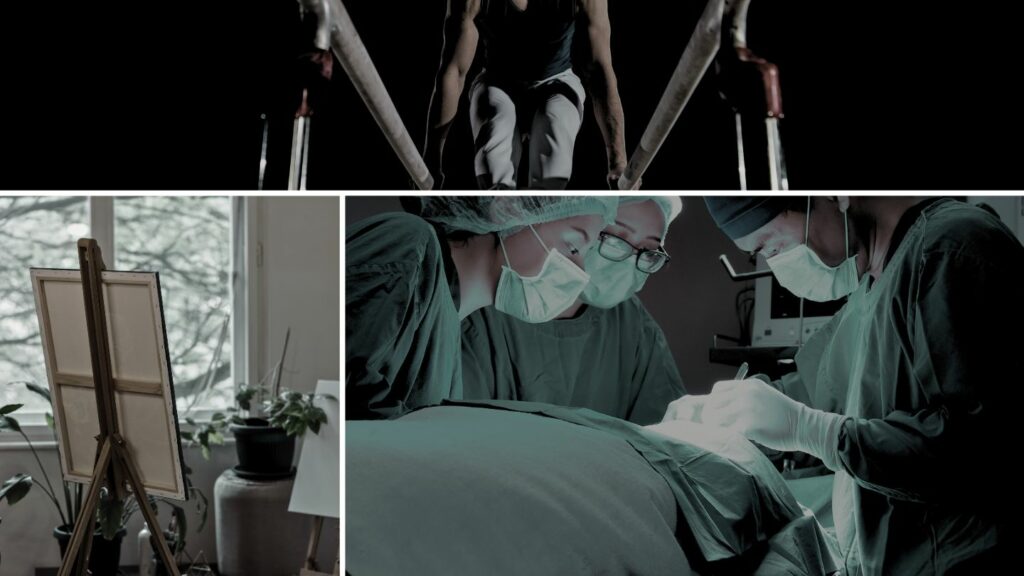
Why? Lighting gives us the truth. We need clarity and reality to make good decisions, understand our mistakes, and make progress with meaningful traction. Not all truth requires lighting, but it does require awareness. In budgeting and regarding spaving, we need truth to keep us from the grips of emotions, confirmation bias, or any other blinders to sound financial decisions.
When things are clear, it is harder to make poor choices. If we understand the impact of bad choices, making the same adverse-impact decisions becomes increasingly difficult.
If we pursue, choose, and experience it, this clarity will change most people’s perspectives. Where we may have thought we didn’t have character, it starts to grow and manifest itself magically. We began to grow where we felt we were genetically incapable of making better decisions. We see the truth with less anxiety and begin to pursue a healthy mix of living and preparing for living tomorrow.

Past mistakes don’t prevent future success. Success isn’t instant; it is a matter of investing and growth. Be gracious with yourself and others, but let the grace serve as a path to influence a better future, not to excuse a worse one. Spaving is the elephant not in the room, but it will show up if we practice blind spending.



